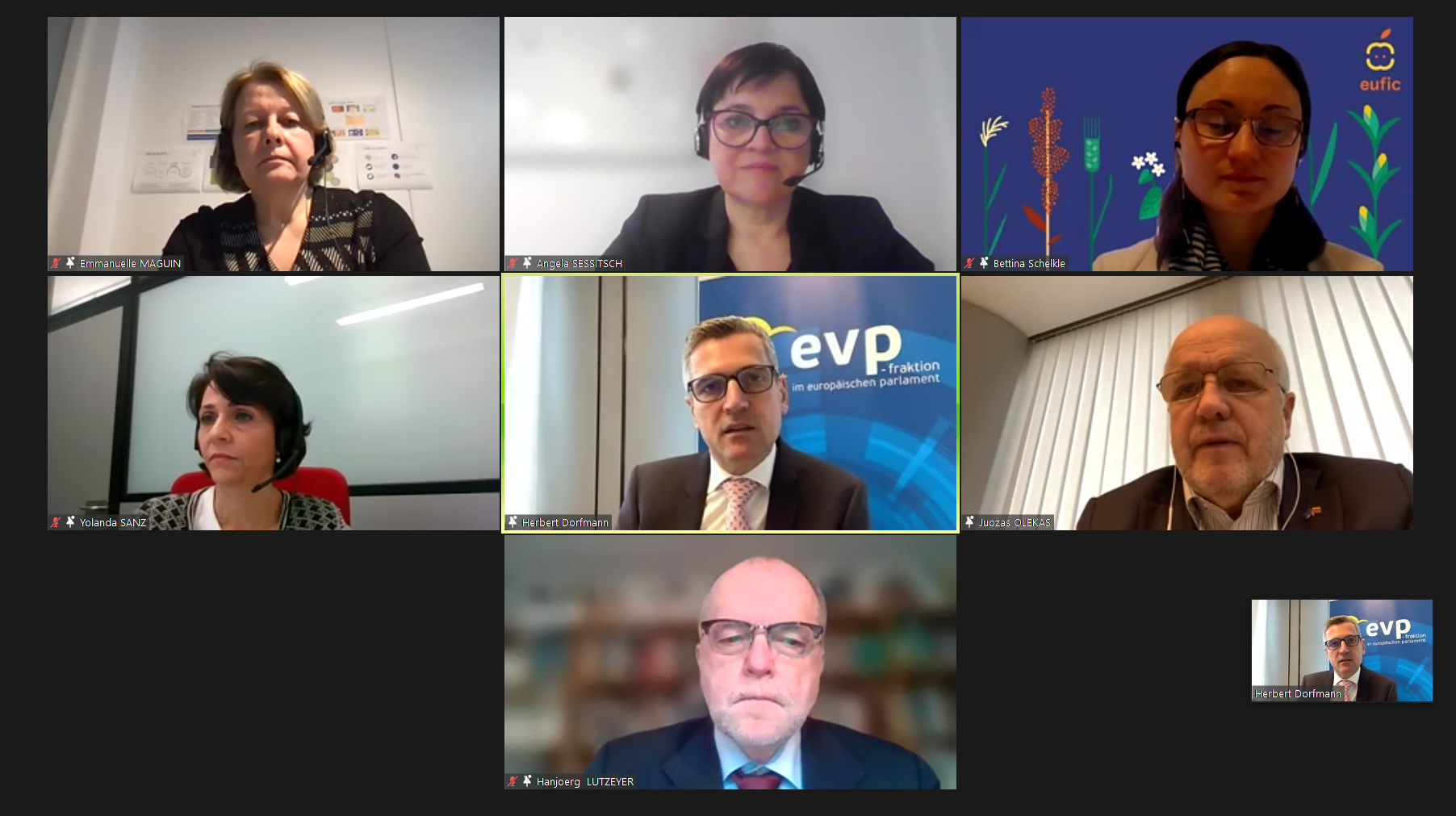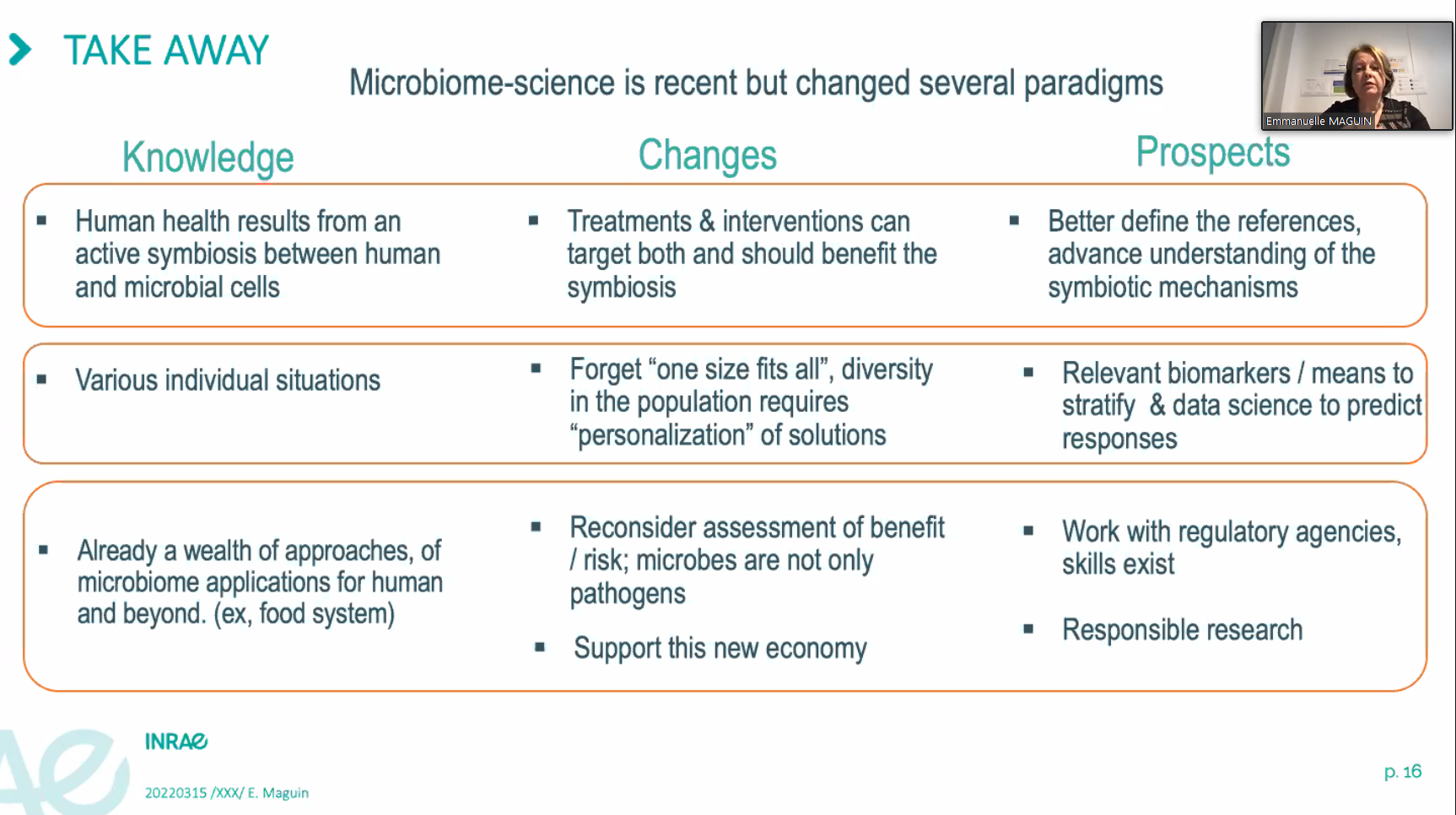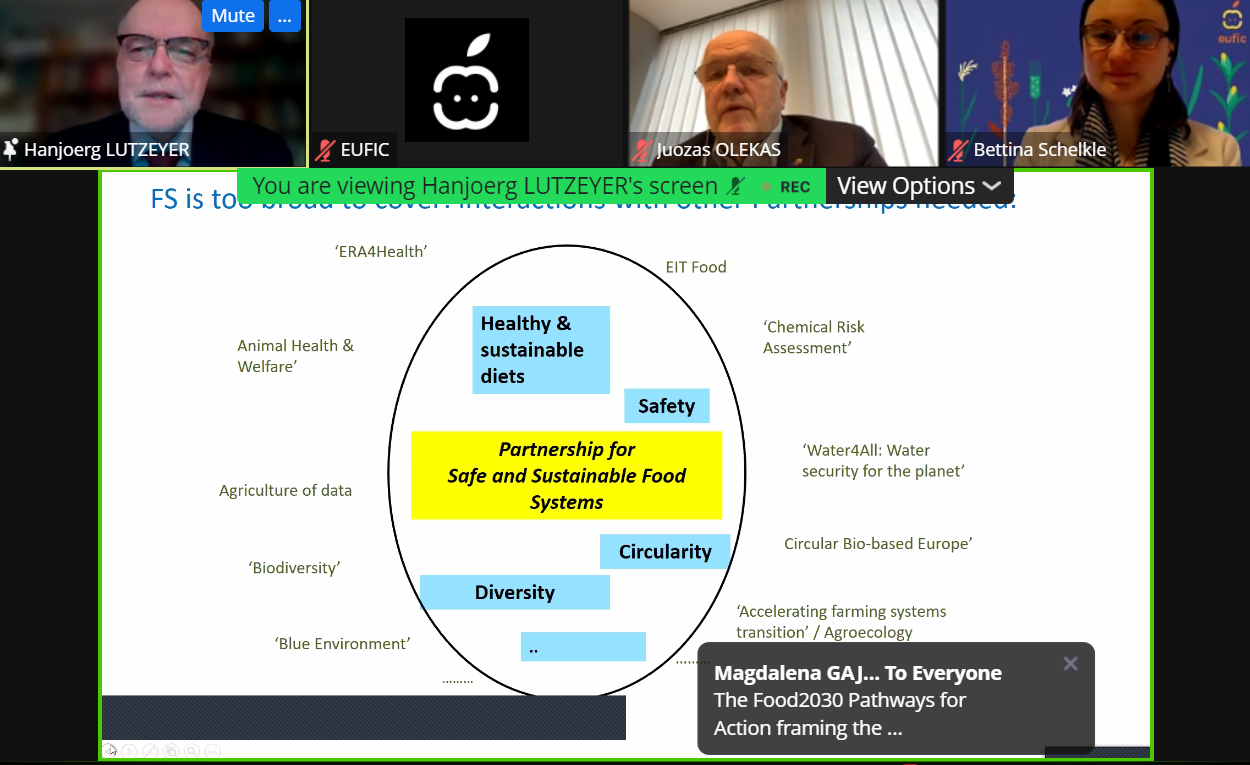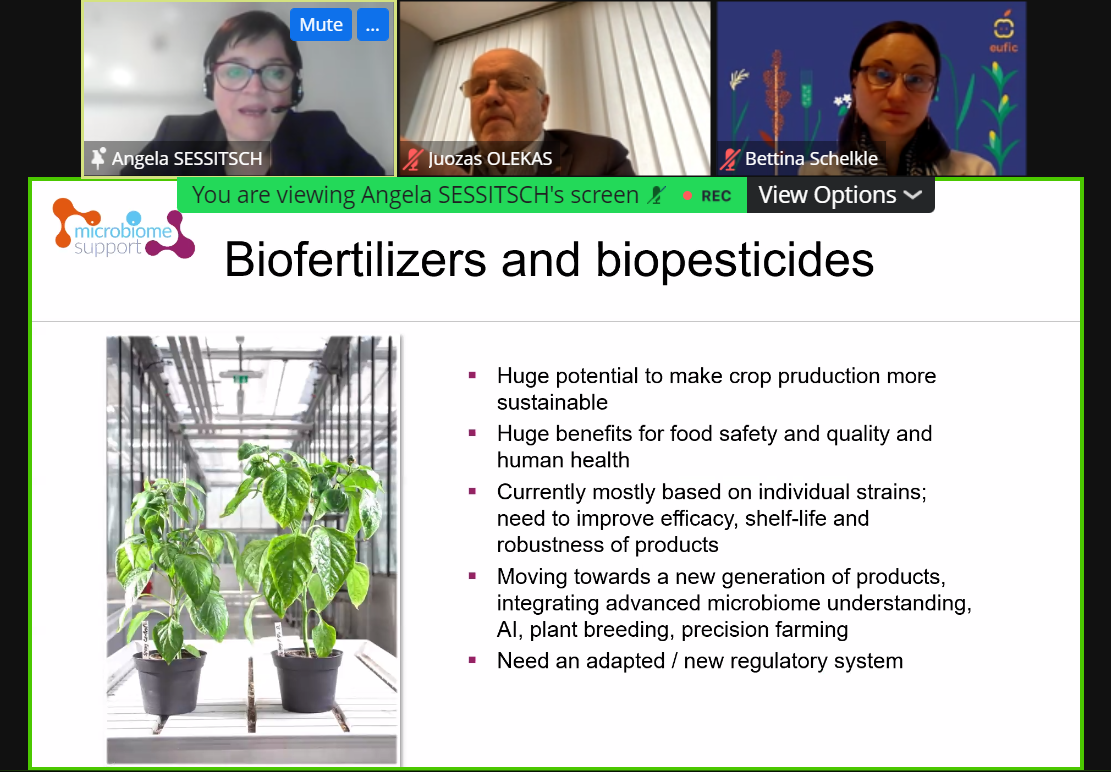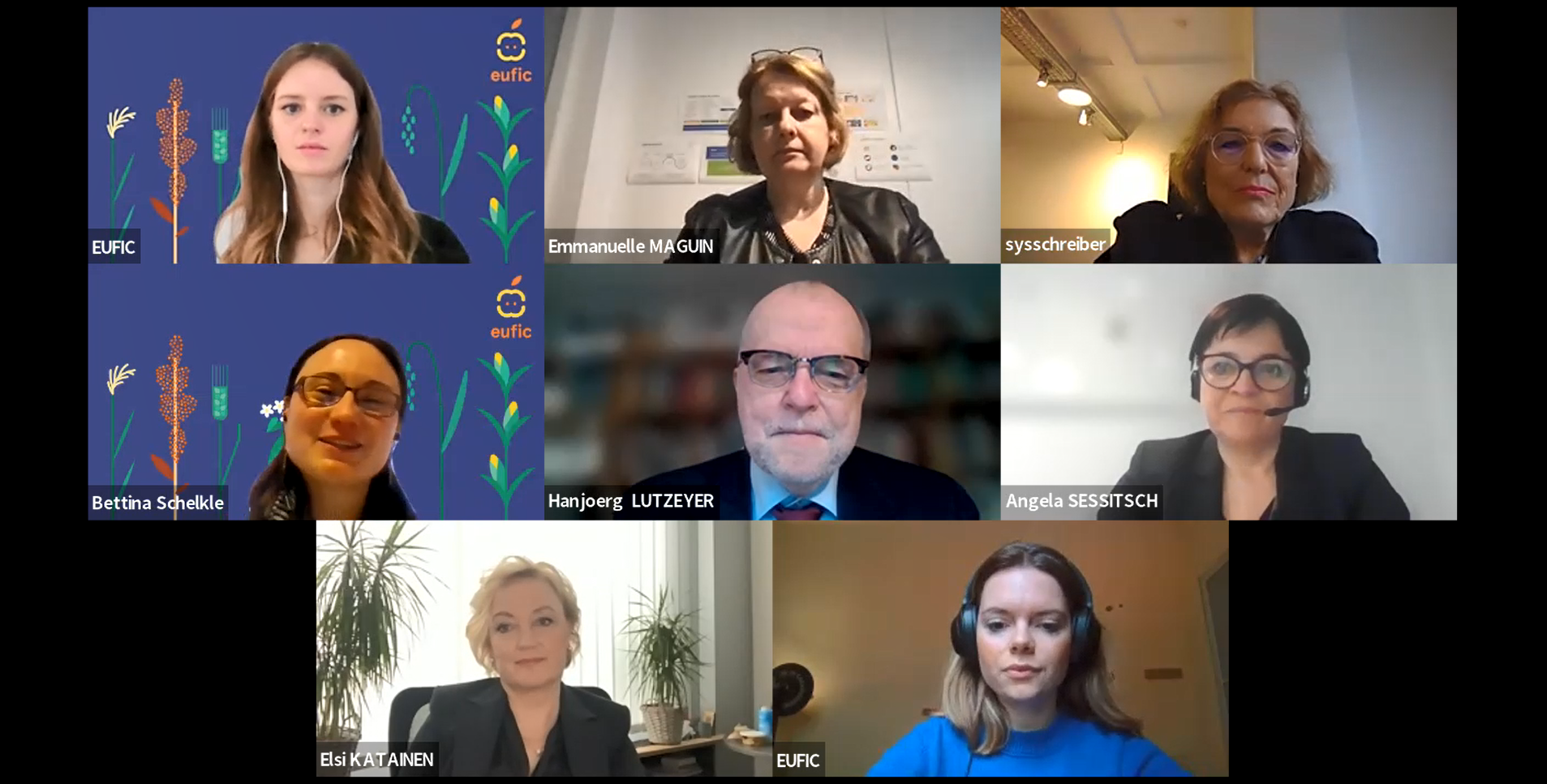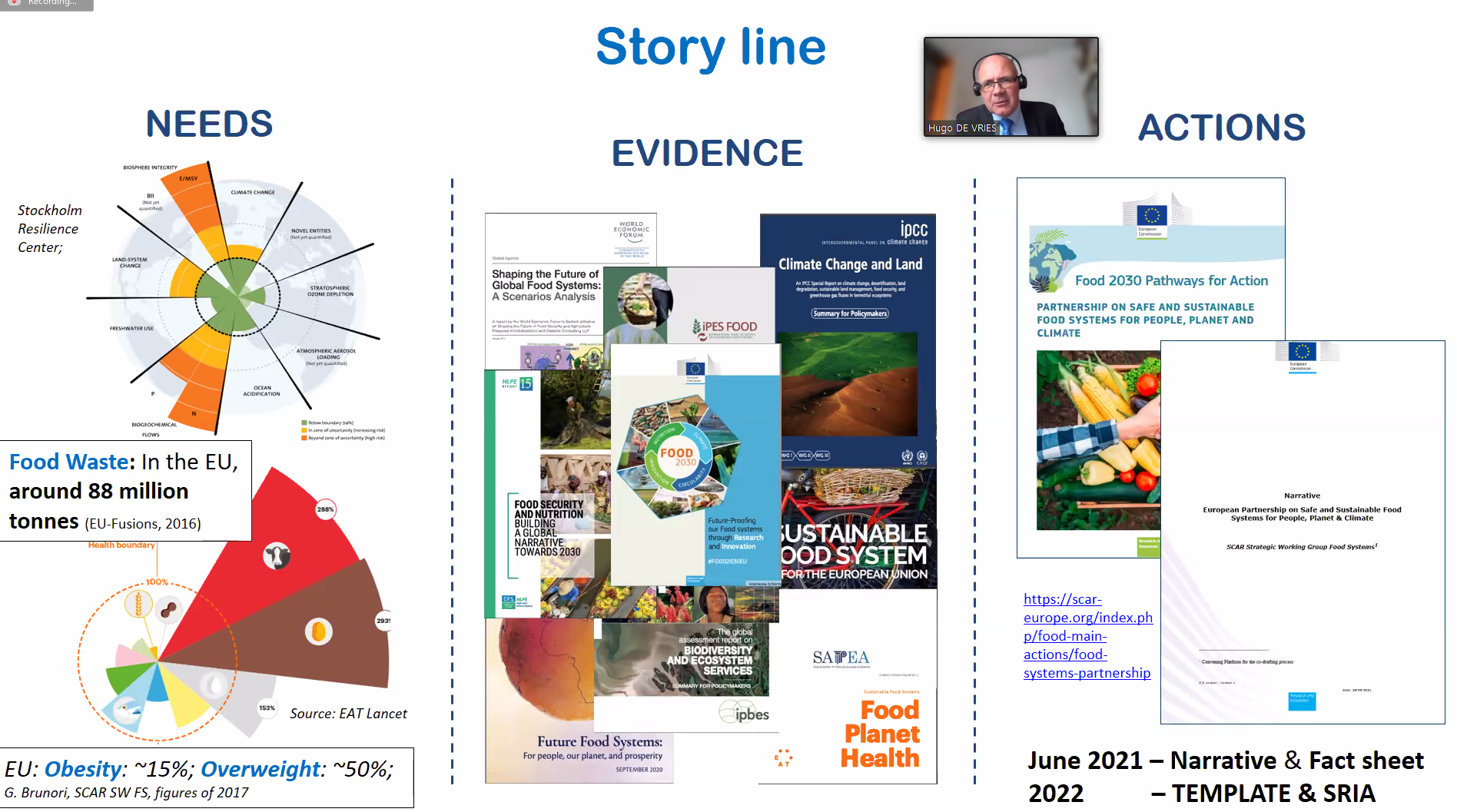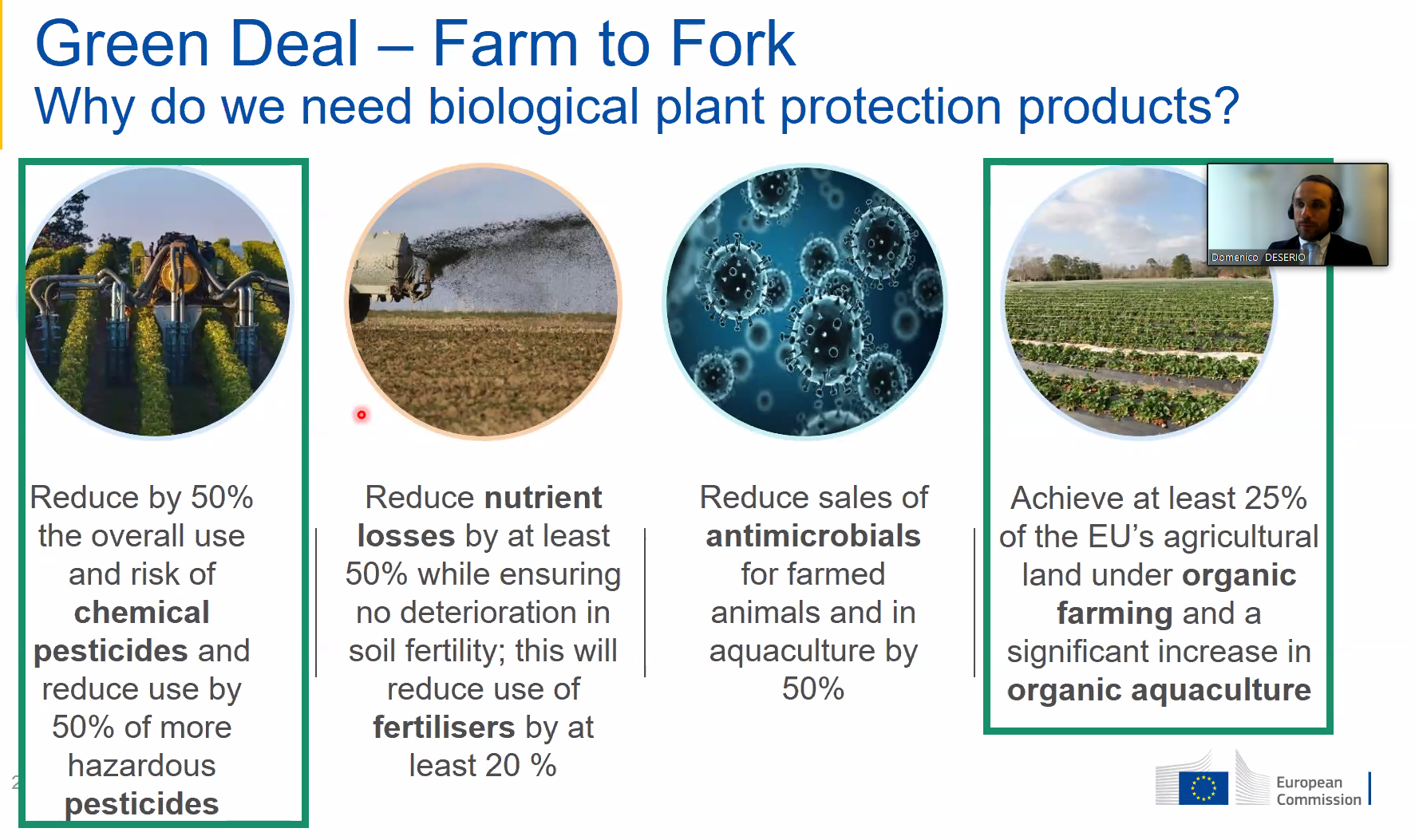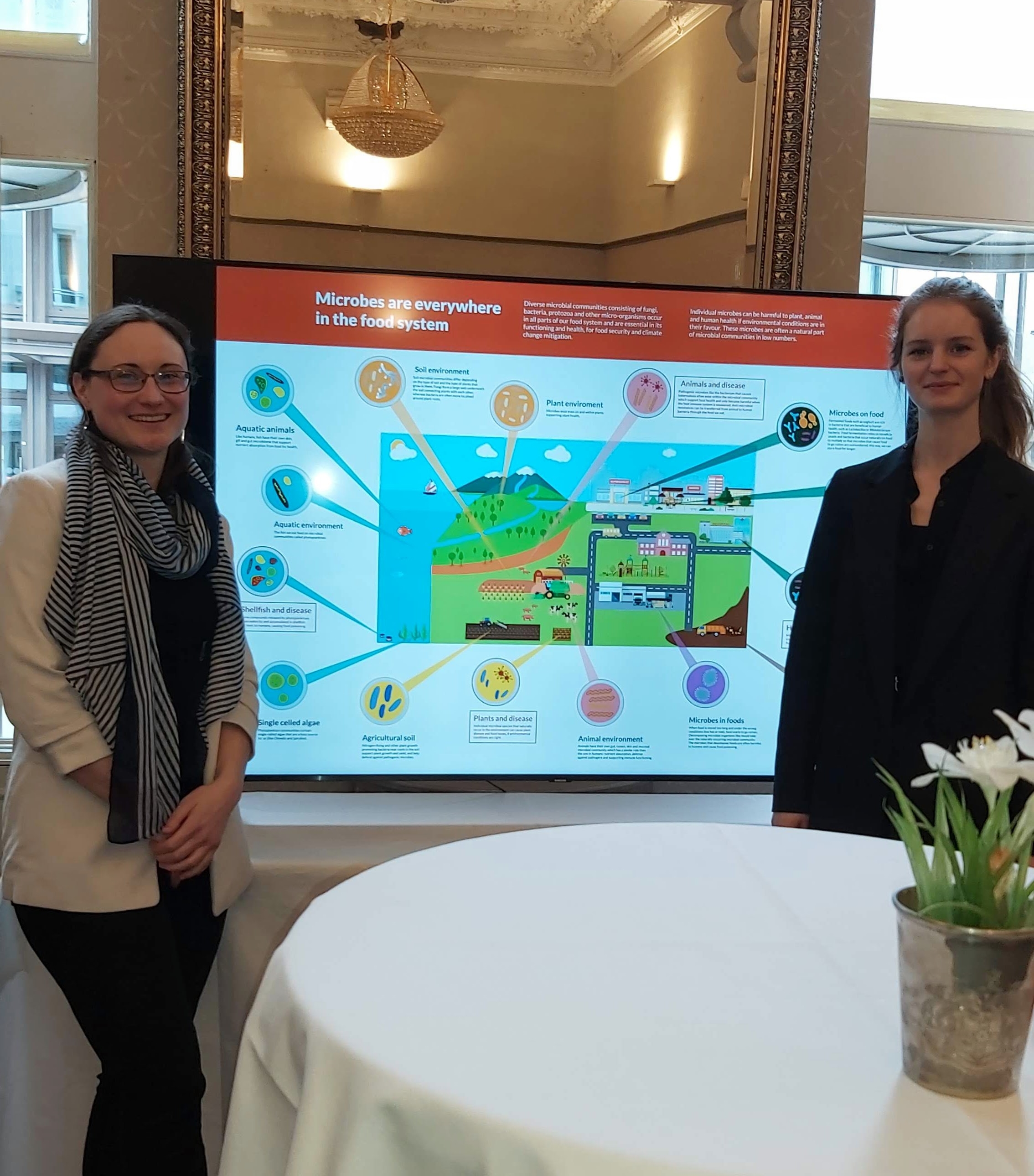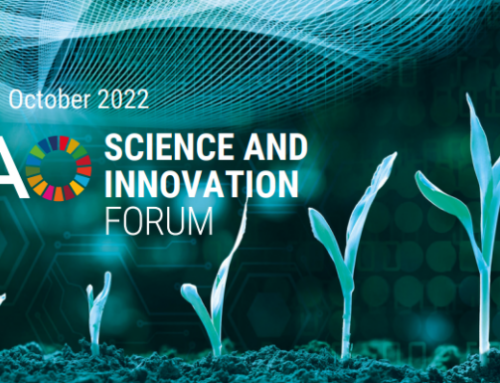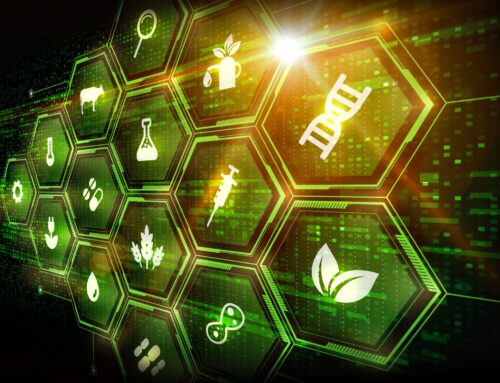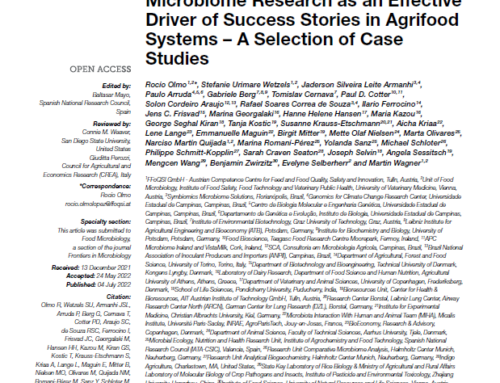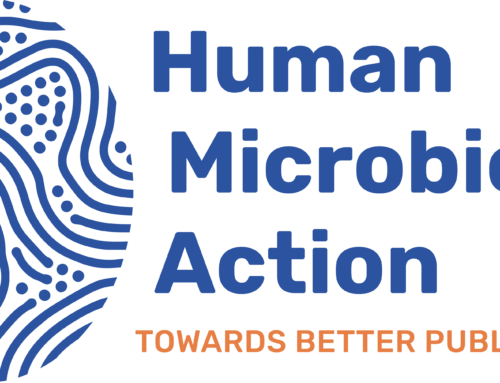Food Research, Innovation and Partnerships for the Green Deal – A summary of the EU Parliament roundtable
An open, continuous dialogue between science and policy is essential to advance the transition to sustainable, resilient and inclusive food systems, which are at the heart of the European Green Deal. Food research & innovation are the driving forces of this transformative change, contributing to the development of new solutions and providing the evidence base for policy makers, who can then take informed decisions. Therefore, strengthening the bond between science and policy, supporting community building and mutual learning is critical to deliver on green ambitions. With this in mind, MicrobiomeSupport brought together EU-Policymakers and Top-Researchers to discuss food research & innovation and lawmaking developments – all at the example of the microbiome.
Scientific knowledge of microbiomes and their “green potential” has made its way to the greater public over the last years and some sectors are already benefiting from microbiome solutions, such as agriculture through the use of microbial biopesticides for crop protection. However, the novelty of the microbiome innovation sector still limits public awareness and produces concerns with regard to the safety of microbiome applications. But just as dialogue with the public must be maintained to educate about microbiome issues, there is also a need for policymakers to understand the practical implications of what they are voting on and to know whether microbiome innovations can deliver on the promise and potential that they hold. Hence, it is the job of scientists and those who work at the interface of science and policy to raise visibility on critical issues, address key policy priorities and provide decision makers with a sound evidence base.
The objective of this MicrobiomeSupport – EU Parliament meeting, which, incidentally, was the second encounter of the project with the EU Parliament (STOA workshop 2021), was to exchange on advances in microbiome research and innovation, legislative updates and provide space for a lively and fertile discussion on mutual needs and expectations. From a long-term perspective, it was intended to be the beginning of increased exchanges that help develop shared expertise and foster mutually beneficial relationships. The event took place virtually on 15 March 2022 and convened leading scientists in the microbiome field and members of the European Parliament and the European Commission. The event was hosted by MEP Elsi Katainen, Vice-Chair AGRI Committee, and moderated by Bettina Schelkle, European Food Information Council (EUFIC). Around 90 people followed the presentations and discussions online. The agenda was divided into two sessions, each consisting of presentations followed by a panel discussion.
A critical point that was raised repeatedly in the conversation was the adaptation of science to realpolitik events, such as the Covid-19 pandemic and the Russian invasion of Ukraine, which have raised serious concerns about food security all around the globe and, to some extend, shifted political priorities. In response to these crises and rising food prices, the EU Commission has announced a series of measures to support global food security and to ensure long-term self sufficiency for agricultural products in the EU. There was a broad consensus that microbiomes can help deliver on these objectives and increase the resilience of global food systems.
PART I: Update on microbiome research & innovation results to solve major societal challenges
90% of all R&I investment is based on member states and regions. Therefore it is essential to leverage what R&I investment is around in Europe and work together, also to avoid duplication (of resources).
R&I can help stimulate the take-up of microbiome knowledge and its application in society. To really exploit the full potential of microbiomes we need more insights, new suitable technologies, microbiome-suited regulatory environment and a microbiome mindset.
We don’t have the same microbiome, so we have to forget the idea that one solution will fit all. We will require personalization of solutions, both for diets but also for medicine.
There is the need of ecological sustainability in farming, but also a need for economic and social sustainability. To achieve this we need to invest in research & new technologies and make these available on the ground (at the farmers). This, however, is often related to cost & advisory problems.
We are facing a global crisis of food security. We as lawmakers must act fast and make science-based decisions to integrate well researched and save new technologies into our policies and life. We need to cooperate our efforts to create a positive public opinion about the implementation of research and knowledge into our daily lifes.
To set criteria for the evaluation of risks and benefits of microbiome-based products that can reach the market, we will need the partnership between science and industry, and also the participation of organizations such as OECD that are involved in establishing regulatory instruments.
PART II: Update on policy projects and microbiome-based solutions
Whatever we do, we should not compromise future generations. As a physicist and mathematician this means for me that the systems that we need to develop should endlessly balance and not lose track and end up in chaos.
We have at the moment more than 60 substances approved (as biological plant protection) in Europe which are microorganisms. We are reducing the burden for the applicants and trying to allow these substances to get quicker to the market by applying a “need-to-know-” and tiered-based approach, including mandatory and conditional requirements.
The regulatory framework for the assessment and authorisation of animal feed additives, including microorganisms, is currently being revised. In this revision we focus on the use of microorganisms in (areas) where the use of MO would be possible, but is not developed yet, such as animal welfare and the reduced use of antibiotics.
Microbiome research in the area of food production and human health could inform work on food policies such as front of pack nutrition labeling. Current systems for labeling do not yet take into account the degree of processing that a food product has undergone.
Having regulatory training for young scientists so that they can understand how their research fits into the regulatory context, is very important. Having realistic expectations for your research and their applications thereof is key.

